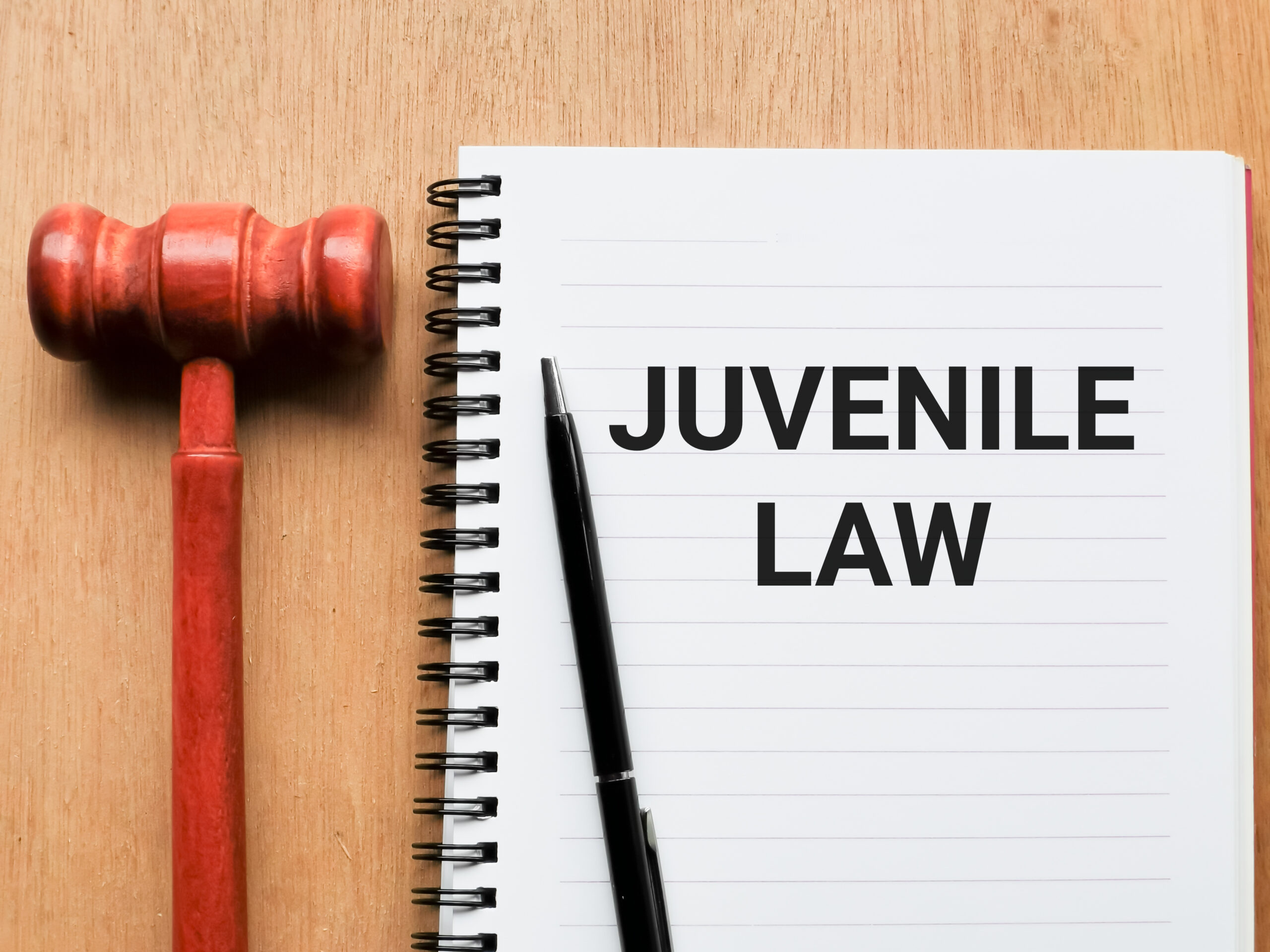
When a minor commits a criminal act, they still need to face the consequences of their actions. That is where the juvenile justice system can help.
Instead of solely punishing minors who commit delinquent acts, the system strives to give them the tools needed to grow into responsible adults.
Want to see how this could affect your child? Let’s take a look at the juvenile justice system in the Buckeye State.
Ohio’s Juvenile Justice System
Ohio’s juvenile justice system works with minors between 10 and 18. These individuals have committed criminal offenses under state law. Instead of punishment, it offers a chance for redemption.
The Juvenile Court Process
This court system is separate from the adult one. These judges are assigned only to these cases. Along with that, there are specialized legal processes that are tailored to the needs of minors. This process involves:
Arrest and Detention
If a minor is suspected of committing a crime, law enforcement officers will arrest them. After that, the youth may be held in a detention facility. This is different from adult jails. Many times, the detention period is temporary.
Detention Hearing
The juvenile will have an initial hearing within a few days of the arrest. At this stage, the court will decide if the minor should remain in detention or be released to their parents or guardians while waiting for the next step. If the court chooses that detention is necessary, there will be another hearing to review the case.
Adjudication
The adjudication hearing is like a trial. This determines whether the minor committed the offense. During this hearing, the judge will:
- Review evidence
- Listen to testimony
- Consider any other factors
The judge decides the juvenile is delinquent. This is similar to a guilty verdict. With that, the case will move to the next stage of the process: disposition.
Disposition Hearing
At this point, the judge determines what should happen next. Some sentences might include:
- Probation
- Counseling
- Community service
The outcome will depend on the offense and the minor’s circumstances.
Appeals
Like in adult court, a juvenile can appeal the decision. If there is a legal mistake or the outcome does not seem fair, the case can be reviewed by a higher court.
Sentences and Rehabilitation Options
The court may choose one of several rehabilitative routes depending on the nature of the offense and the juvenile’s needs. These include:
- Probation: This is when the juvenile can live at home but must follow certain rules, such as attending school, obeying curfew, and meeting regularly with a probation officer.
- Community service: Volunteering with local organizations or helping with community clean-up efforts are some possible options.
- Residential treatment: In serious cases, minors may be placed in a facility. These centers provide therapy, education, and support in a controlled environment.
- Juvenile detention facilities: If a juvenile is considered a danger to themselves or others, they may be placed in a juvenile detention facility. These facilities are kept under supervision while education and therapy are provided. The Ohio Department of Youth Services operates these facilities. Over the years, various groups and the governor have called for reforming these programs.
What Are Juvenile’s Rights and Protections?
Even though they are minors, juveniles in Ohio have certain rights throughout the legal process. These include:
- Right to an attorney
- Right to remain silent
- Right to privacy
- Right to appeal
When your child is accused of a crime, you will want to work with an experienced juvenile defense lawyer who can help you understand your options.
Learn More About Juvenile Justice in the Buckeye State
Ohio’s juvenile justice system focuses on second chances and personal growth. However, minors still have to maintain accountability for their actions. If you would like to know what to do for your child’s situation, Hunt Law LLC can assist. If you want to arrange a free consultation, please contact us at 330-469-9836.